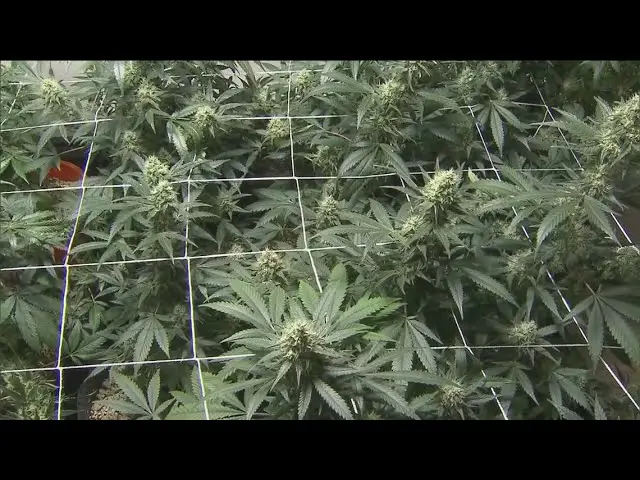The debate over the classification of marijuana has taken a dramatic turn.
In a groundbreaking move, the Drug Enforcement Administration (DEA) has proposed to reclassify marijuana from Schedule I to Schedule III under the Controlled Substances Act (CSA). The historic decision, supported by the top federal health agency, marks a significant shift in cannabis policy, shaking the foundation of its decades-old prohibition.
“Today, the Attorney General circulated a proposal to reclassify marijuana from Schedule I to Schedule III,” Justice Department Director of Public Affairs Xochitl Hinojosa announced.
For more than 50 years, cannabis has languished in the confines of Schedule I, alongside hardcore drugs like heroin, despite mounting evidence of its medical benefits. The move signals a departure from the archaic notion that marijuana holds no medical value and underscores its potential for therapeutic use.
But what does this mean for the budding cannabis industry? Well, it’s not just a victory for medical marijuana advocates; it’s a game-changer for state-legal cannabis businesses. By moving marijuana to Schedule III, these businesses will finally be able to enjoy federal tax deductions, a privilege long denied under the restrictive IRS code known as 280E.
However, don’t roll up that victory joint just yet. While this move represents a significant step forward, it falls short of full legalization. State cannabis markets still find themselves at odds with federal law, facing potential legal repercussions despite growing acceptance at the state level.
But why the sudden change of heart from the DEA? According to reports, the agency faced mounting pressure from the Biden administration, with Vice President Kamala Harris leading the charge for swift action. The pressure, coupled with a push from lawmakers and health officials, compelled the DEA to expedite its review process and reconsider marijuana’s classification.
In a statement, the Department of Health and Human Services (HHS) highlighted the widespread acceptance of medical marijuana across the country. “There exists widespread, current experience with medical use of the substance by healthcare practitioners,” they affirmed, emphasizing the growing recognition of marijuana’s therapeutic potential.
Furthermore, federal health officials conducted an extensive review that concluded marijuana poses minimal risks compared to other drugs of abuse.
Check out the report below for additional details on the initiative above.

